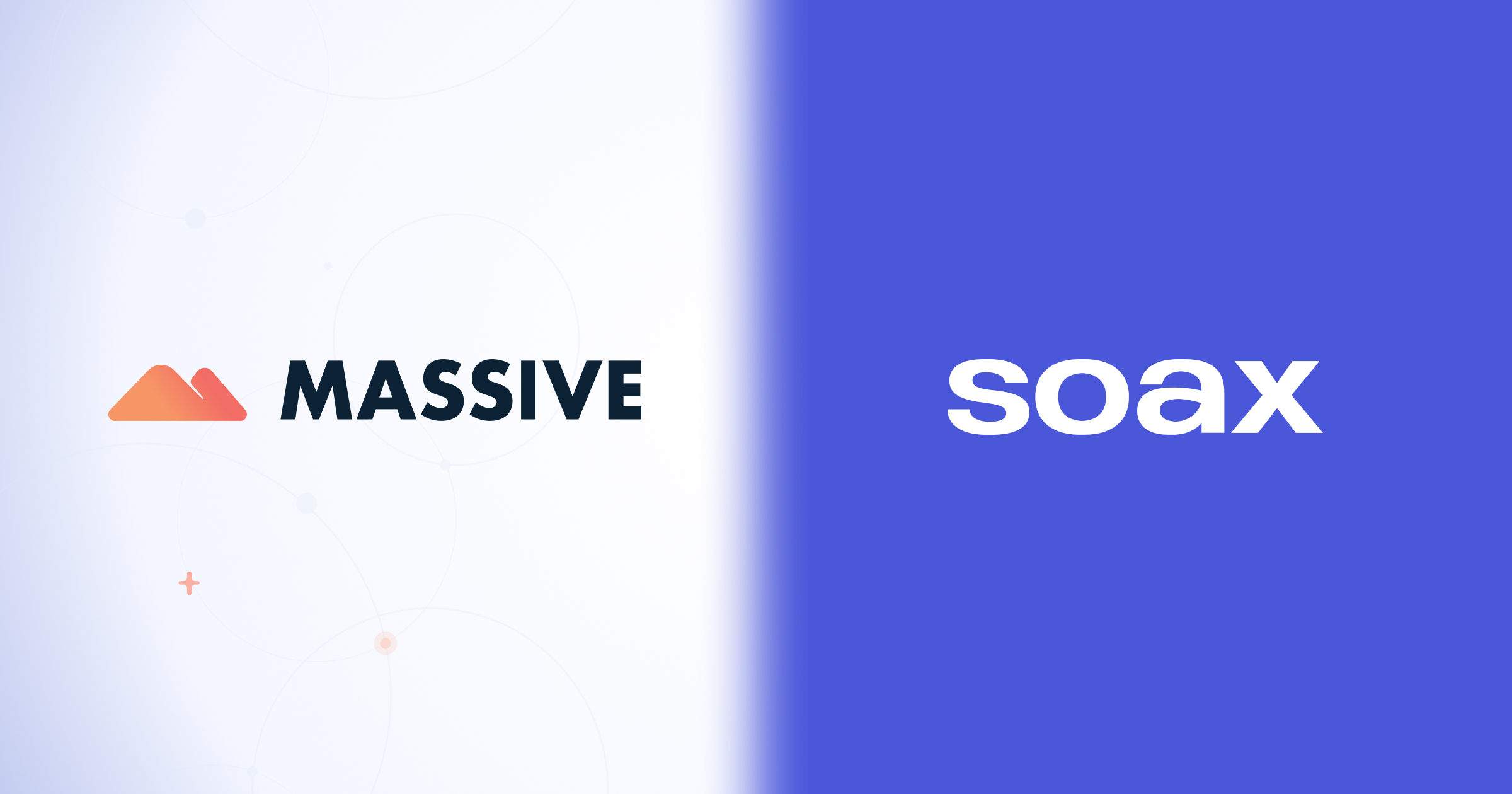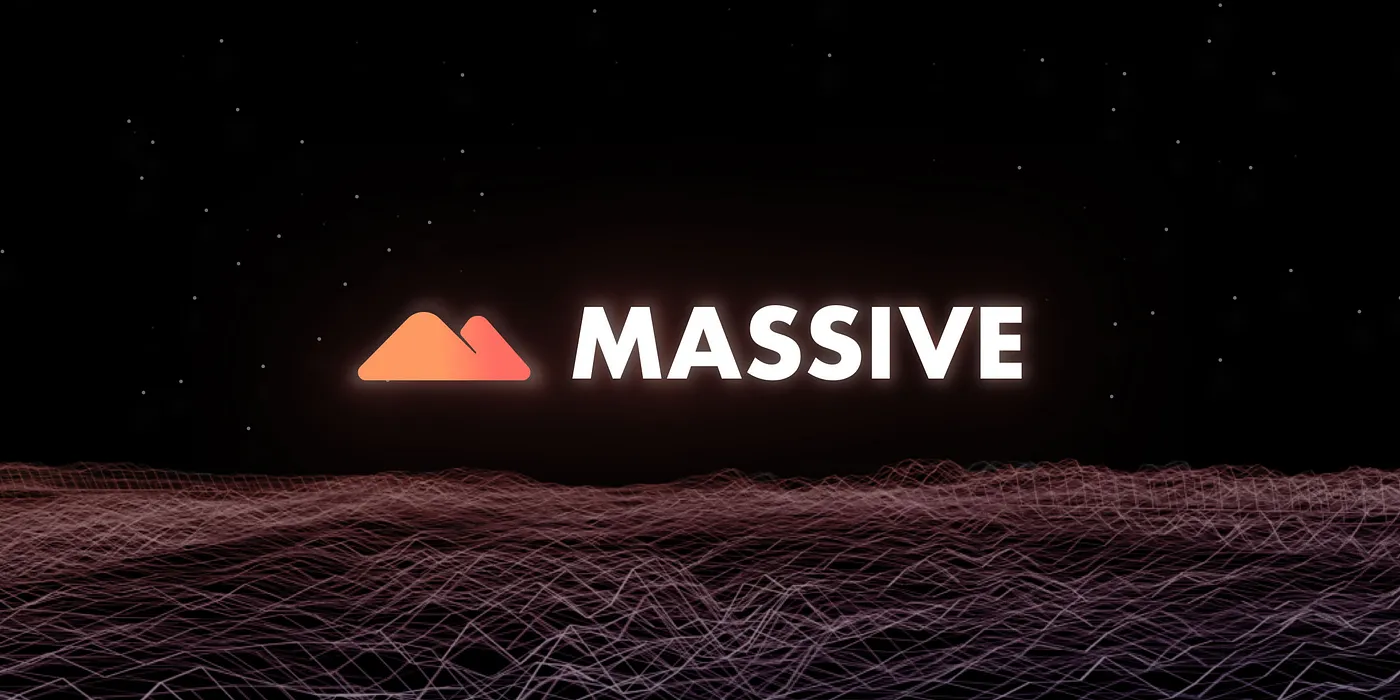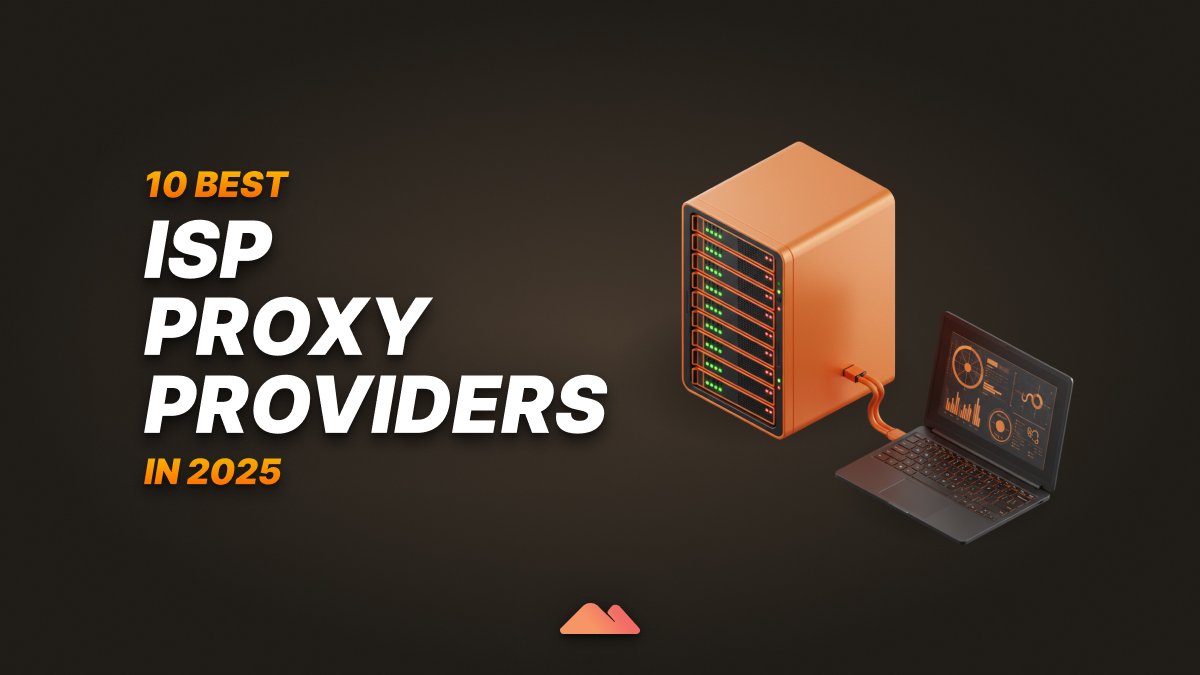TL; DR
Massive define a referência para empresas desempenho do proxy — combinando velocidade extremamente rápida, fornecimento transparente e valor imbatível. Com uma taxa de sucesso residencial de 99,87% nos EUA e um tempo de resposta de 0,52 segundos nos EUA e na UE, é ideal para coleta de dados de IA/ML, captura na web, monitoramento de SEO e outros casos de uso sensíveis à latência.
SOAX é uma excelente escolha para empresas que priorizam ampla diversidade de IP, segmentação geográfica versátil e conjuntos abrangentes de recursos. Ele oferece mais de 191 milhões de IPs abrangendo redes residenciais, móveis e de data center, com conectividade confiável em mais de 195 locais — perfeito para monitoramento de SEO, gerenciamento de mídias sociais e coleta de dados para fins gerais.
Massive vs. SOAX: tabela de comparação de recursos de proxy*
<table class="GeneratedTable">
<thead>
<tr>
<th>Atributo</th>
<th>Massive</th>
<th>SOAX</th>
</tr>
</thead>
<tbody>
<tr>
<td>Fornecimento e credenciamento éticos</td>
<td>SDK certificado pela AppEsteem, 100% opcional</td>
<td>GDPR, CCPA (SOC2/ISO 27001 em andamento)</td>
</tr>
<tr>
<td>Modelo de aquisição de proxy</td>
<td>SDK de aceitação no aplicativo</td>
<td>Alega fornecimento ético, transparência limitada</td>
</tr>
<tr>
<td>Tamanho do pool IP residencial</td>
<td>1 milhão de anunciados</td>
<td>Mais de 155 milhões anunciados</td>
</tr>
<tr>
<td>Taxa de sucesso residencial</td>
<td>99,87% (EUA) / 99,66% (Global)</td>
<td>98,25% (EUA) / 99,73% (Global)</td>
</tr>
<tr>
<td>Taxa de sucesso residencial na Amazon/Google/Instagram</td>
<td>93,85% / 88,29% / 96,29%</td>
<td>94,50% / 81,50% / 94,80%</td>
</tr>
<tr>
<td>Tempo de resposta residencial</td>
<td>0,52 s (EUA e UE) / 0,92 s (Global)</td>
<td>0,55 s (EUA) / 0,90 s (Global)</td>
</tr>
<tr>
<td>Tempo de resposta residencial na Amazon/Google/Instagram</td>
<td>3,68 s / 4,56 s / 3,97 s</td>
<td>4,55 s / 3,64 s / 8,35 s</td>
</tr>
<tr>
<td>Taxa de sucesso do ISP</td>
<td>100%</td>
<td>98,78%</td>
</tr>
<tr>
<td>Taxa de sucesso do ISP na Amazon/Google</td>
<td>98,03% / 100%</td>
<td>78,68% / 100%</td>
</tr>
<tr>
<td>Tempo de resposta do ISP</td>
<td>0,09 s</td>
<td>0,23 s</td>
</tr>
<tr>
<td>Tempo de resposta do ISP na Amazon/Google</td>
<td>2,85 s / 2,13 s</td>
<td>2,54 s / 2,56 s</td>
</tr>
<tr>
<td>Janela Sticky-IP</td>
<td>1 — 60 minutos</td>
<td>10 seg — 60 min</td>
</tr>
<tr>
<td>Filtros de dispositivos</td>
<td>Computador de mesa/móvel/TV</td>
<td>—</td>
</tr>
<tr>
<td>Preço PAYG por GB</td>
<td>$3,99</td>
<td>$4,00</td>
</tr>
<tr>
<td>Extras de cobrança</td>
<td>Sobrecarga de tráfego</td>
<td>Recarga automática e manual</td>
</tr>
<tr>
<td>Transferência de largura de banda</td>
<td>✅ Sim</td>
<td>❌ Não</td>
</tr>
<tr>
<td>Requisitos KYC</td>
<td>✅ Opcional (alvos restritos)</td>
<td>✅ Sim</td>
</tr>
<tr>
<td>Restrições de uso</td>
<td>Bloqueia conteúdo adulto e de alto risco</td>
<td>Finanças, domínios governamentais, correspondência. Desbloqueável com</td> KYC extra
</tr>
<tr>
<td>Pool de proxy móvel</td>
<td>Em breve</td>
<td>33M</td>
</tr>
<tr>
<td>Outros produtos</td>
<td>API SERP</td>
<td>API de dados da Web (beta)</td>
</tr>
</tbody>
</table>
*Fontes: Proxyway 2025 Market Research, sites da empresa
Quais são os prós e os contras do Massive?

✅ Prós do Massive
- Certificação ética e de conformidade. Rede certificada pela AppEsteem fornecida por meio de um SDK proprietário com consentimento explícito do usuário, garantindo 100% de aceitação, proxies validados por terceiros.
- Baixa latência. Tempos médios de resposta abaixo de 0,6 s, projetados para velocidade e raspagem de alto rendimento.
- Altas taxas de sucesso. 99,87% de sucesso nas metas dos EUA e 100% de desempenho do proxy ISP no Google.
- Custo-benefício. Preços altamente competitivos, opções flexíveis de pagamento conforme o uso e descontos substanciais para usuários de alto volume.
- Transferência de largura de banda. Os dados mensais não utilizados são transferidos para o próximo ciclo de cobrança, agregando valor significativo aos planos de assinatura.
❌ Contras do Massive
- Pool IP menor. Aproximadamente 1 milhão de IPs — menores que a rede da SOAX, o que pode limitar a escala geográfica extrema.
- Oferta de proxy estreita. Concentra-se exclusivamente em proxies residenciais e de ISP; carece de opções móveis e de datacenter disponíveis pelos concorrentes.
Quais são os prós e os contras do SOAX?

✅ Prós do SOAX
- Ampla versatilidade de rede: Oferece um conjunto abrangente de tipos de proxy, incluindo proxies residenciais, móveis, ISP e datacenter, tornando-o uma solução multifuncional flexível.
- Grande pool de IP anunciado: Reivindica mais de 191 milhões de IPs, fornecendo ampla cobertura global para tarefas que exigem um grande número de rotações de IP.
- Preço de entrada mais baixo: Com planos a partir de $90/mês, é mais acessível para equipes menores, operadores individuais ou com orçamentos limitados.
- Amplo suporte de protocolo: Suporta HTTP (S), SOCKS5, UDP e QUIC, oferecendo mais flexibilidade técnica para casos de uso especializados.
- Presença de mercado estabelecida: Presente no mercado desde 2019 e reconhecida como a “Concorrente do Ano”, a SOAX tem um longo histórico e uma plataforma madura e fácil de usar.
❌ Contras do SOAX
- Desempenho inconsistente: Embora geralmente confiáveis, testes independentes mostram que seu desempenho pode ser inconsistente em todas as regiões e fica atrás da Massive nos principais benchmarks.
- Modelo de preços ineficiente: Opera em um modelo de assinatura padrão do tipo “use ou perca” sem prorrogação, o que pode gerar desperdício de gastos para equipes com necessidades flutuantes de largura de banda.
Ideal para casos de uso

Massive é o melhor para coleta de dados éticos e captura de dados na Web com desempenho crítico
O Massive foi criado para oferecer desempenho em grande escala, oferecendo acesso rápido e confiável a dados de origem ética. É a solução ideal para o treinamento de IA, Monitoramento de SEO, rastreamento de comércio eletrônico, agregação de viagens e pesquisa de mercado onde a velocidade, a precisão e o volume são mais importantes.
O SOAX é o melhor para diversos requisitos e necessidades estabelecidas de fornecedores
O SOAX é uma plataforma madura e rica em recursos, ideal para equipes que precisam de uma combinação de proxies residenciais, móveis, ISP e datacenter. Com segmentação avançada, preços flexíveis e amplo suporte a protocolos, incluindo UDP/QUIC, ele é adequado para organizações que executam operações de dados diversas e em grande escala.

Sou cofundador e CEO da Massive. Além de trabalhar em startups, sou músico, atleta, mentor, organizador de eventos e voluntário.
Avaliações de clientes
Pergunta mais frequente
Qual provedor tem melhor desempenho e confiabilidade?
+
O Massive tem um desempenho comprovadamente melhor. Ele está no topo dos benchmarks independentes de 2025 em taxas de sucesso nos EUA (99,87%) e desempenho de proxy de ISP (100% de sucesso), métricas em que o SOAX tem uma classificação inferior. Isso se traduz diretamente em uma coleta de dados mais confiável.
Qual provedor é mais ético e transparente?
+
Massive é mais transparente. Ele usa um modelo de fornecimento 100% baseado em SDK com uma cadeia de consentimento clara e auditável e possui uma certificação AppEsteem para provar isso. O modelo de fornecimento da SOAX é opaco e carece de validação atual de terceiros.
Quem tem o maior pool de IP?
+
O SOAX anuncia um pool de IP muito maior (mais de 191 milhões). No entanto, a Massive argumenta que seu foco em um conjunto menor de IPs ativos diários de alta qualidade é uma métrica mais significativa para desempenho técnico e confiabilidade.
Posso migrar do meu provedor de proxy atual para o Massive?
+
Sim, a Massive oferece suporte à migração e opções de pagamento conforme o uso para testar antes de se comprometer com planos maiores. O processo de configuração simples facilita as transições.










